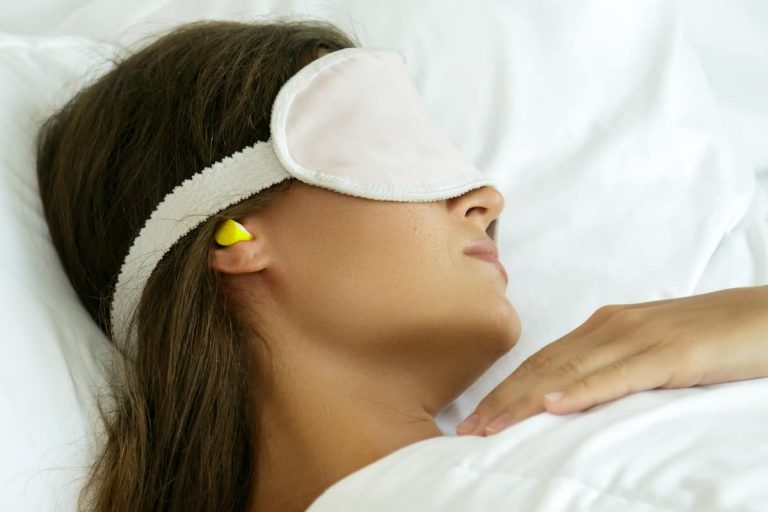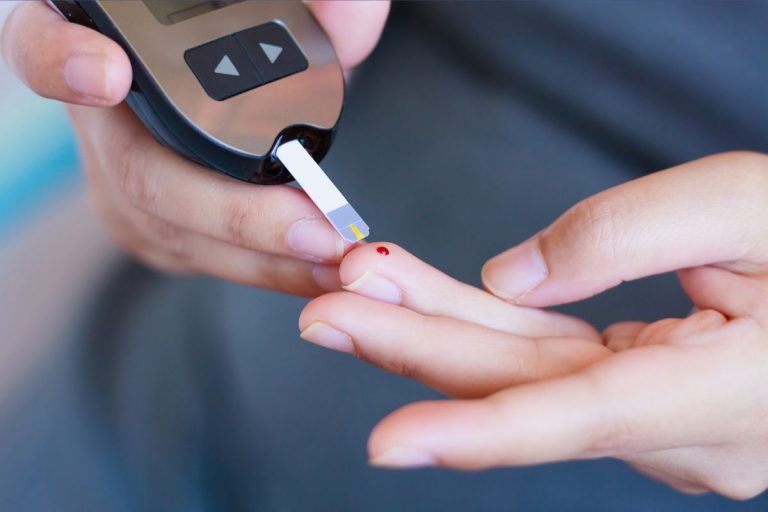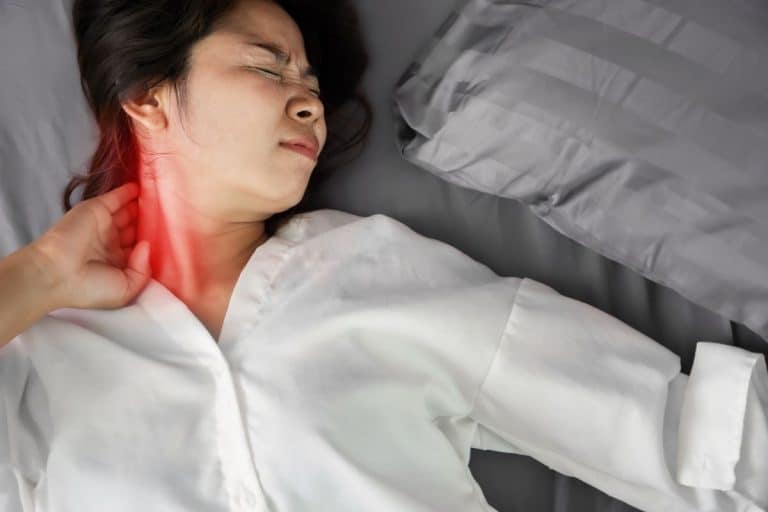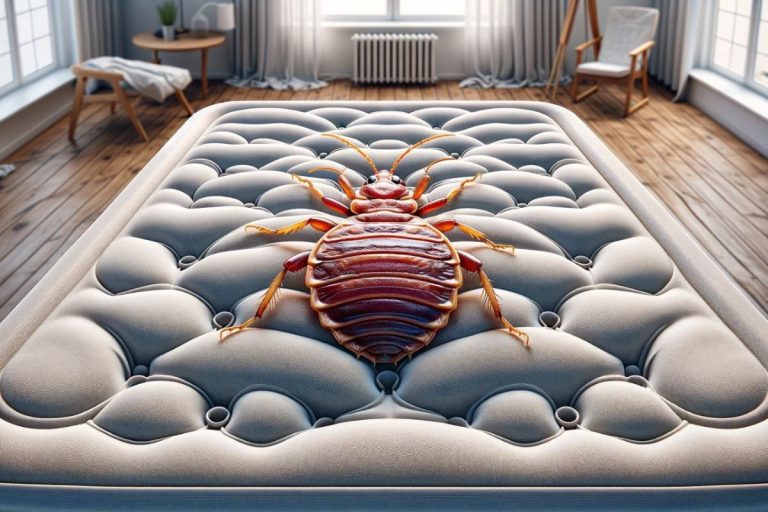In cases of obstructive sleep apnea and obstructive breathing sleep disorders, it is essential to get proper treatment. In the majority of sleep apnea cases, patients get treatment in the form of a CPAP machine.
The CPAP (Continuous Positive Airway Pressure) is a machine that provides reliable assistance in breathing throughout the night, ensuring the airways stay open and the proper amount of oxygen is delivered to the lungs.
But, how does a patient get a CPAP machine? Can you buy it on your own or do you get the machine from your doctor? If you’re wondering about the same questions, you’re at the right place.
In the following paragraphs, we’ll take a look at the possible ways patients can acquire their CPAP machine, and whether they can do it on their own.
CPAP Prescription and Sleep Study Requirement – Explained
So, Can You Buy A CPAP Machine On your Own?
The short answer is; no, you cannot buy a CPAP machine on your own, especially without a sleep study.
Now, you may wonder why is that the case. Well, according to the FDA, CPAP machines are classified as Class II devices. As such devices, CPAP machines require a doctor’s prescription, which patients get after a sleep study or sleep apnea testing.
Why Is It Important To Get A Sleep Study?
To get proper treatment, the patient needs to undergo a sleep study or sleep apnea testing/screening. This is an essential part of the diagnosis process because the testing and screening will show what kind of obstructive breathing issues the patient has.
According to the test results, the doctor can prescribe not only the machine itself but also the settings which would fit the patient the best. This means that the CPAP machine you receive will be personalized and fitting of your needs only.
So, to make it more clear, the sleep study is important for the following reasons;
- It provides data about how the patients sleep and takes note when the breathing obstruction and sleep struggles occur
- It pays attention to your oxygen levels, heart rate, and blood pressure, and takes note of any increases or decreases in numbers and percentages
- It provides actionable insight into the patient’s sleep quality and sets the ground for a diagnosis
- It helps the doctor come up with personalized pressure and other settings for the CPAP machine therapy
How Much Does A Sleep Study Cost?
Now, as we’ve mentioned, there are two types of sleep study; the one that is done in the lab, and the one patients can do in the comfort of their home. Depending on which the patient decides to undergo, the studies can have different costs, as follows;
- An in-lab sleep study can cost as much as $5,000
- At-home sleep apnea test can cost between $150 and $250 (some high-end test can cost even $500), depending on reliability, accuracy, and the amount of time it takes to get the results
It is important to mention that the at-home test can often lead to in-lab testing.
For example, if your at-home test results show that you might have a severe case of sleep apnea, the doctor will recommend in-lab testing to determine the type of sleep apnea, the actual severity levels, and the therapy you need to undergo.
However, in many cases, patients don’t have to pay for at-home tests, if they fall into the category of ‘medical necessity’. In such cases, the costs of at-home testing will be covered by insurance. So, if you do require in-lab testing as well, you won’t be paying for both.
Why Do Patients Need A CPAP Prescription?
To receive a device that will work properly and ensure the settings that will fit your sleep apnea case, it is essential to have a prescription.
The prescription will protect you as a patient from getting a device that is not working or running properly. Also, you as patient won’t be at risk of receiving a device that is incorrectly set up for you.
Incorrect settings can increase the risk of aggravation and worsening your sleep apnea, so the prescription will protect you from such events taking place.
What Exactly Does The Prescription Ensure?
After a sleep study and testing, your doctor will know exactly what the problem is and how can you treat it.
So, when you get the prescription, it ensures your therapy is specifically created for you and your particular condition. Furthermore, the prescription ensures;
- The correct sleep apnea diagnosis (there are 3 main types of sleep apnea, which may require other PAP devices like BiPAP or APAP)
- The correct and personalized CPAP therapy pressure
- The correct device your particular condition requires (sometimes instead of a CPAP machine, patients are prescribed with a BiPAP or APAP machine, depending on the severity and type of sleep apnea, for example)
- Recommendations regarding CPAP equipment, including the mask type (there are 3 main types of masks, including a full face mask, nasal mask, and nasal pillow mask)
- Replacement part schedule
How Do Patients Receive CPAP Prescriptions?
As we’ve mentioned earlier, the only way patients can get a CPAP prescription is if they’ve done sleep apnea testing or a sleep study. Here’s how the process normally goes;
- The patient needs to set up an appointment with the doctor to discuss any possible sleep issues
- Accordingly, the doctor recommends the patient undergoes a sleep test
- The test can be an in-lab sleep test, or in some cases an at-home sleep apnea test
- In case of an at-home sleep apnea test, considering the results patients might have to undergo an in lab-test as well
- Once the testing is done, the doctor will receive and study the test results
- The doctor will present the patient with a diagnosis and the prescription for a suitable treatment using one of the PAP machines
- In some cases, PAP machines may not be required, so the treatment will be focused on mouthpieces, lifestyle, and diet changes, weight loss, etc.
In order to get a CPAP prescription, you cannot just go to any doctor. Your doctor needs to be a medical doctor (MD), a doctor of osteopathy (DO), a sleep specialist, a psychiatrist (MD only), a physician assistant (PA), a nurse practitioner (NP), a dentist, or a naturopathic physician. Only prescriptions coming from these medical professionals will be valid CPAP prescriptions or prescriptions for other PAP devices.
What About Individuals Who Can’t Get A Sleep Study?
When it comes to sleep studies and screening, not everyone is suitable. For example, people with the following conditions aren’t supposed to get an at-home sleep apnea testing;
- People at risk of having other or multiple sleep disorders
- People who are not in the risk group of developing sleep apnea
- People who have pulmonary diseases
- People who have congestive heart failure or have a history of heart attacks
- People with neuromuscular diseases
These people are recommended to get in-lab testing right away, to avoid any possible complication at home, where there is no doctor’s assistance available.
For patient’s who are not able to receive CPAP treatment, doctor’s will prescribe other therapy options like;
- Sleep apnea oral appliances (dental guard or mouthguard)
- Upper airway stimulation treatment
- Oral surgery (soft palate procedure, UPPP procedure, sphincter or lateral pharyngoplasty, tongue radiofrequency, jaw advancement surgery, etc.)
- Positional therapy (sleeping position change)
- Training or physical activity therapy
- Lifestyle and dietary changes
- Oral pressure therapy
- CNEP (Continuous Negative External Pressure) therapy
- EPAP ( Expiratory Positive Airway Pressure) valve therapy
Final Thoughts
So, as you’ve seen, there is no way you can get a CPAP prescription without proper testing and sleep apnea screening. And that is completely understandable.
Such important devices need to be used by people who need them and should be prescribed by doctors who have a proper insight into the issue and the patient’s health status.
So, if you suspect to have an obstructive sleep disorder and believe a CPAP machine would provide a solution, make sure to talk to your doctor or a sleep specialist.
You can even consult with your dentist or a physician and/or nurse practitioner. Either way, talk to a medical professional who will properly and thoroughly evaluate your case and provide proper and suitable treatment.





